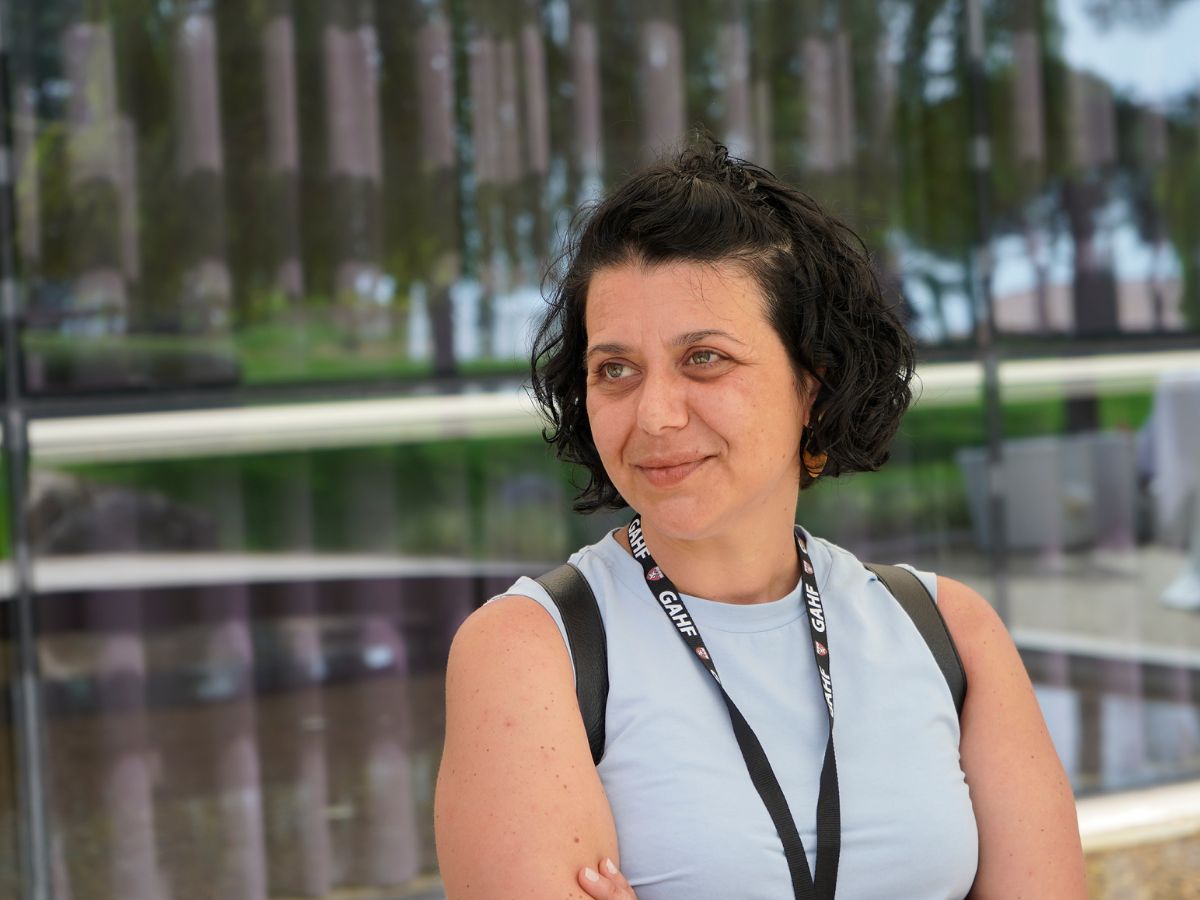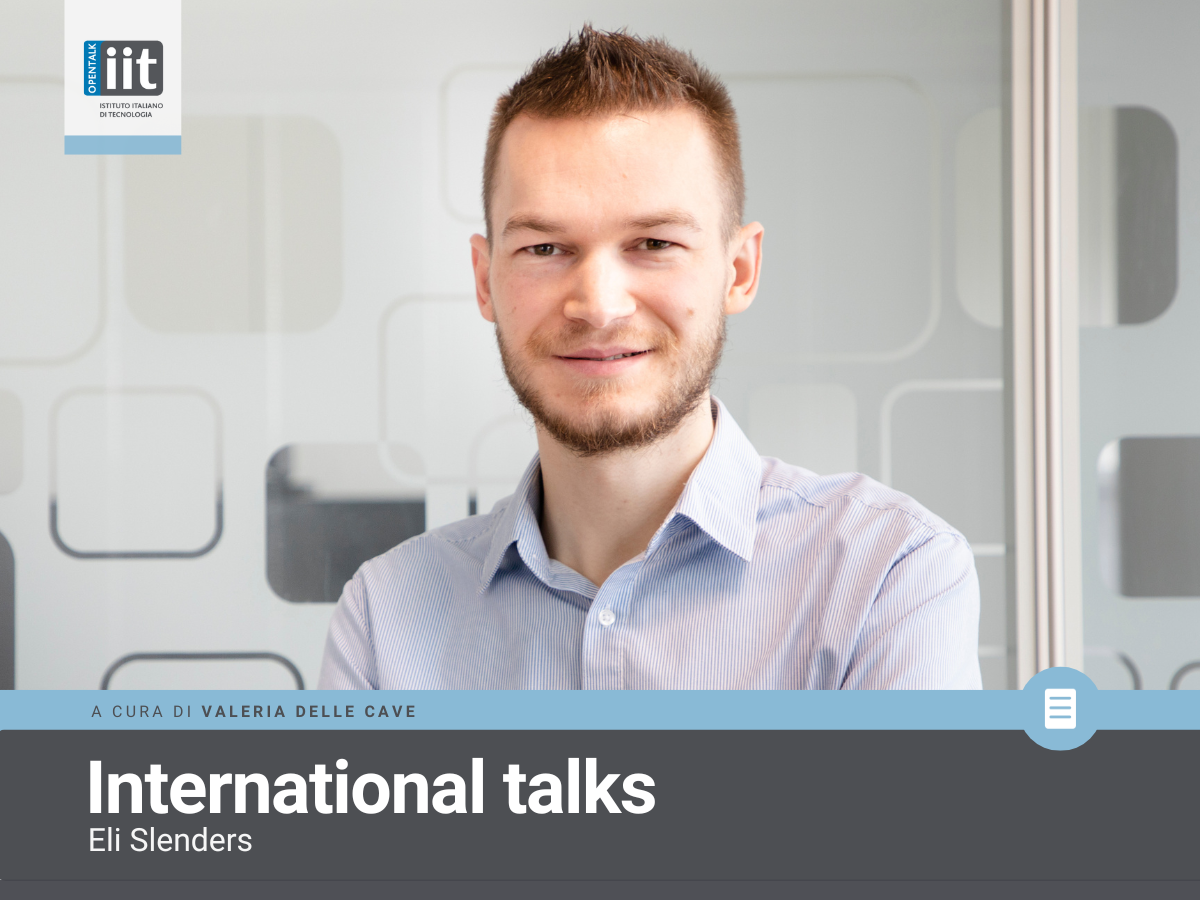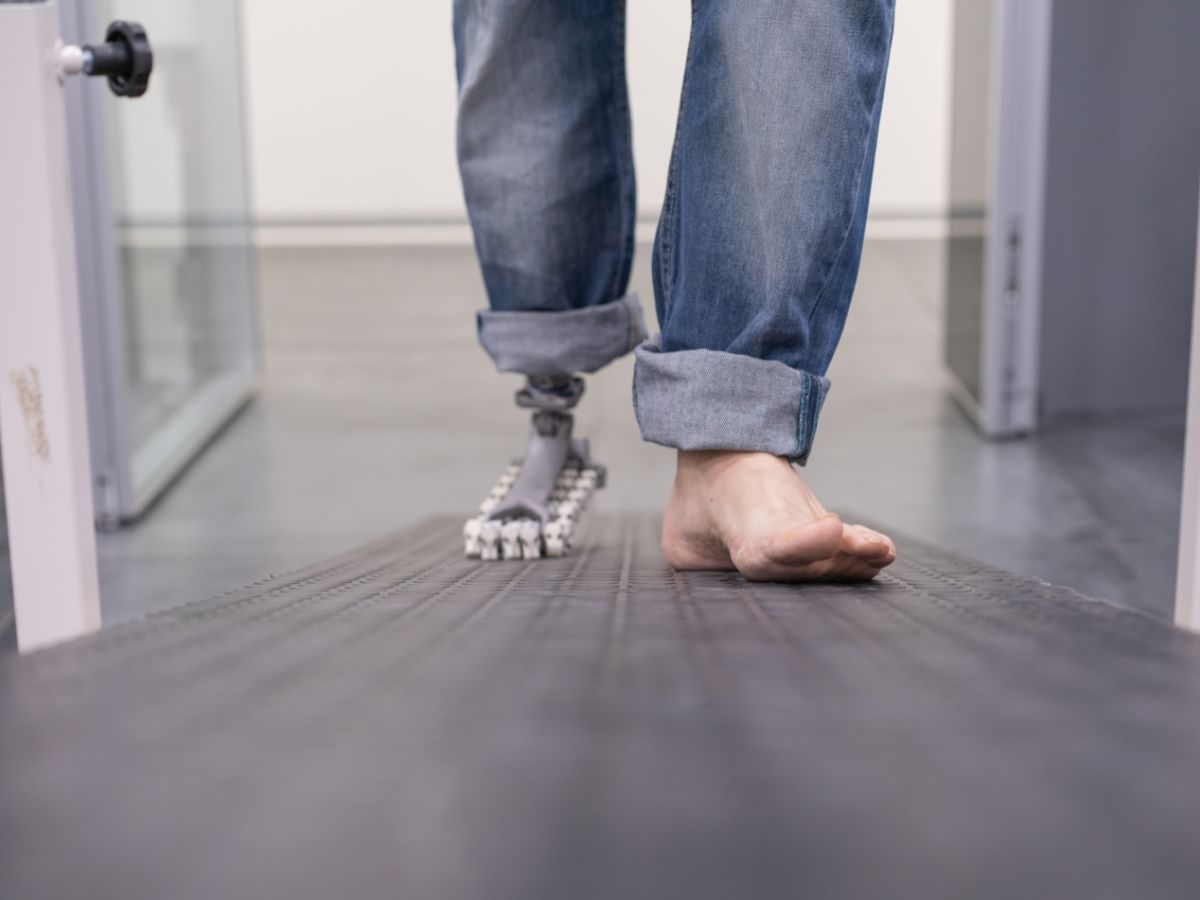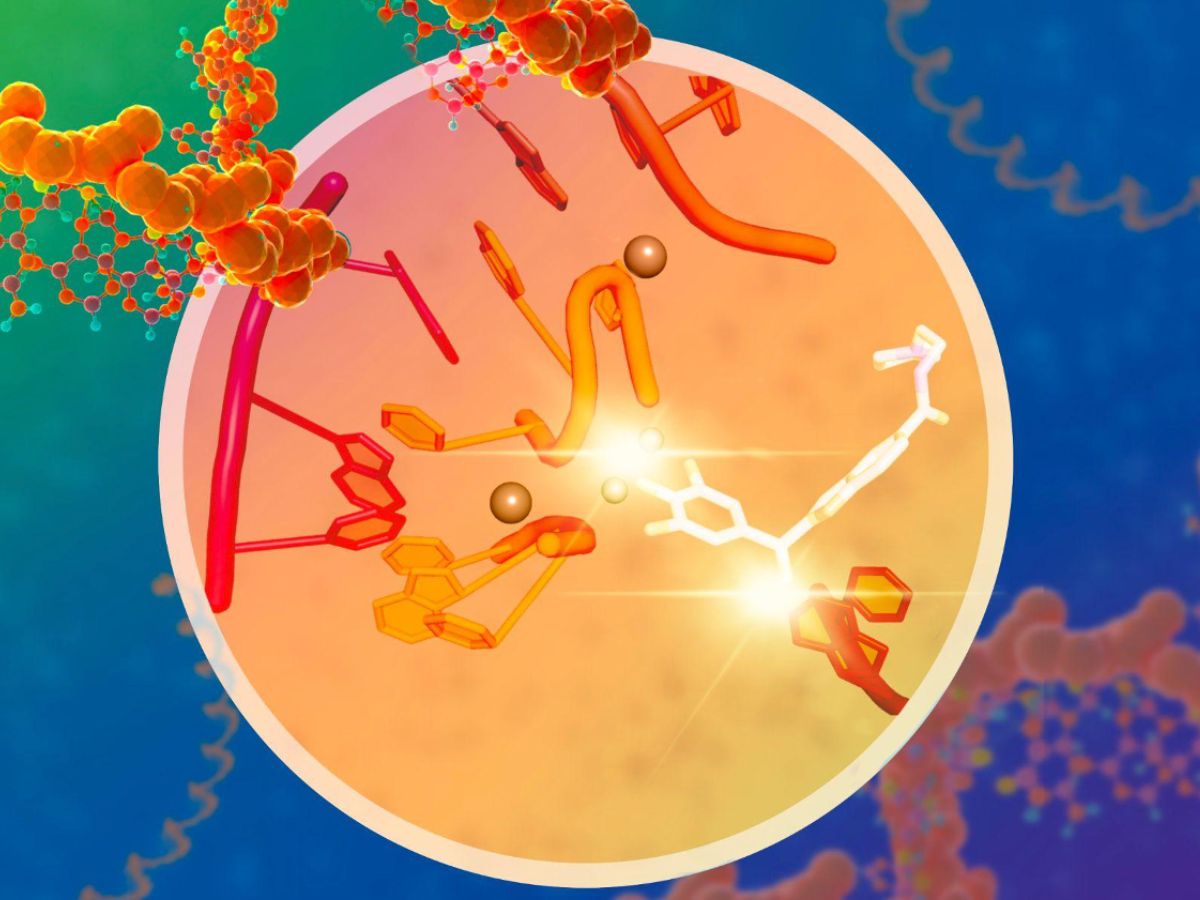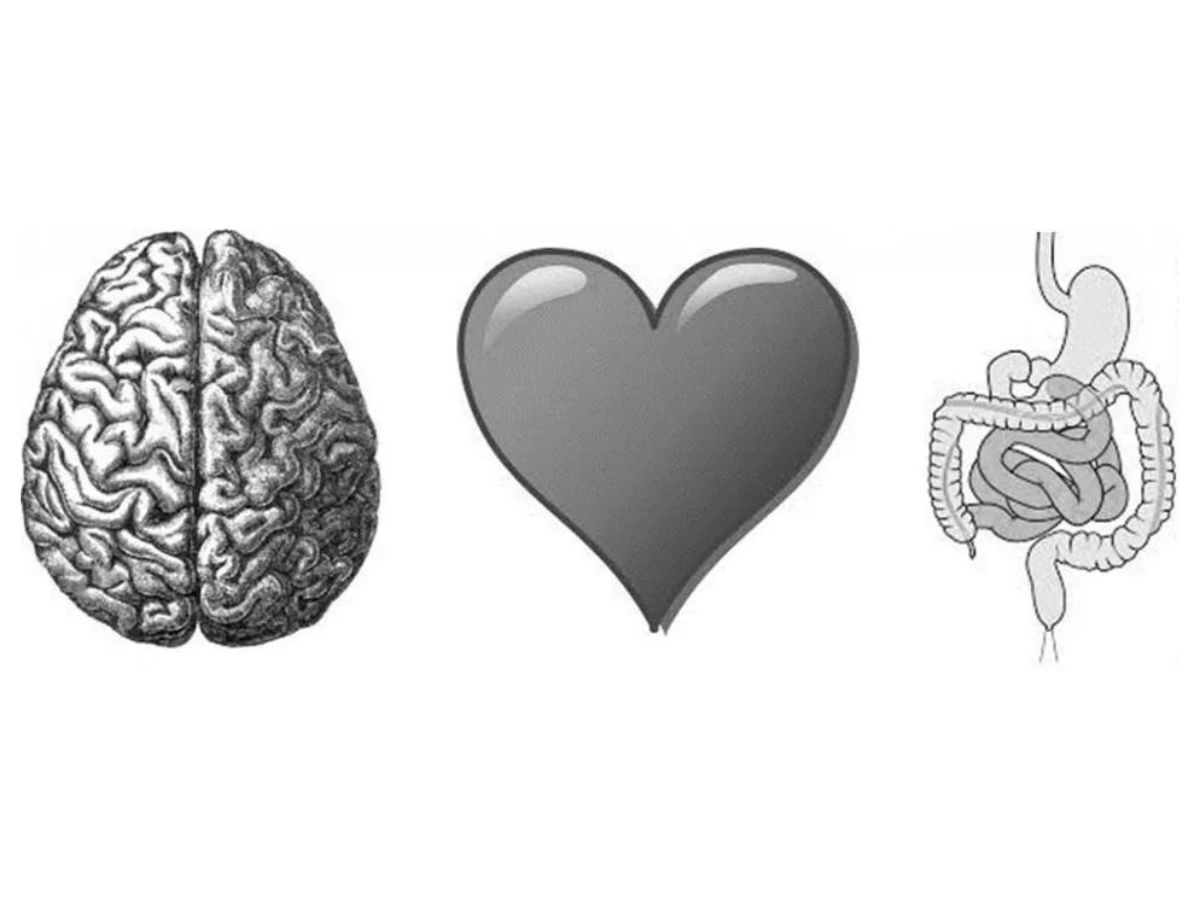After working in the Netherlands, London and Barcelona, the researcher has chosen Genoa’s IIT to continue her genome research
Irene Farabella, a young italian researcher who has worked abroad for many years, has won the prestigious 2022 Career Development Award. This is a $1 million grant ($200,000 per year for five years) with which the Giovanni Armenise-Harvard Foundation awards the most promising young scientists to help create new areas of basic biomedical research in Italy.
Thanks to the grant, Irene Farabella, who specialises in bioinformatics and computational analysis, will run her own laboratory to study the 3D conformation of the genome. She will do so in Genoa, starting in September, in the premises of the Italian Institute of Technology.
By applying super-resolution microscopy data and computational analysis, Irene Farabella is able to reconstruct the three-dimensional shape of chromosomes, which is crucial for understanding whether our cells can read all the instructions needed to function properly. Indeed, in cases where the structure of chromosomes is damaged, cells can contribute to often fatal diseases such as various types of cancer or developmental disorders.
‘In the cell nucleus, multiple interactions between DNA, proteins and RNA molecules determine the three-dimensional organization of chromatin. The focus of my research is to understand what mechanisms underlie this organization and how it regulates the function of the genome, which is the instruction manual that directs the proper functioning of cells,’ said Irene Farabella. ‘In my previous experiments, in Barcelona, I have already managed to reconstruct the shape of a piece of chromatin in 3D at the level of a single chromosome using super-resolution 3D images of human chromosomes and developing computational modelling methods that allow us to integrate the data to reconstruct its nanoscale shape.
For those studying this structure and its dynamics, being able to see the structure of chromosomes at very high resolution becomes an incredible opportunity to understand how genes work, expanding our knowledge of how cells function physiologically or pathologically. This was an outstanding achievement with enormous potential, but the effort required in terms of time and technology can only be tackled by a few laboratories in the world, including the Armenise Laboratory that I will now lead.
The aim of my work over these five years funded by the Armenise-Harvard grant will be to make the technique scalable and accessible, so that chromatin studies worldwide can enjoy an acceleration that is simply unthinkable today.”
Lisa Mayer, Executive Director of the Giovanni Armenise-Harvard Foundation, added: “The Foundation is delighted to welcome Irene Farabella, who will join the 29 outstanding Career Development Award winners currently in Italy. These talented young scientists are making important contributions to the world in basic scientific research, and we are very proud to be part of their professional growth.”
The call for the 2023 CDA is currently open (deadline on July 15)

